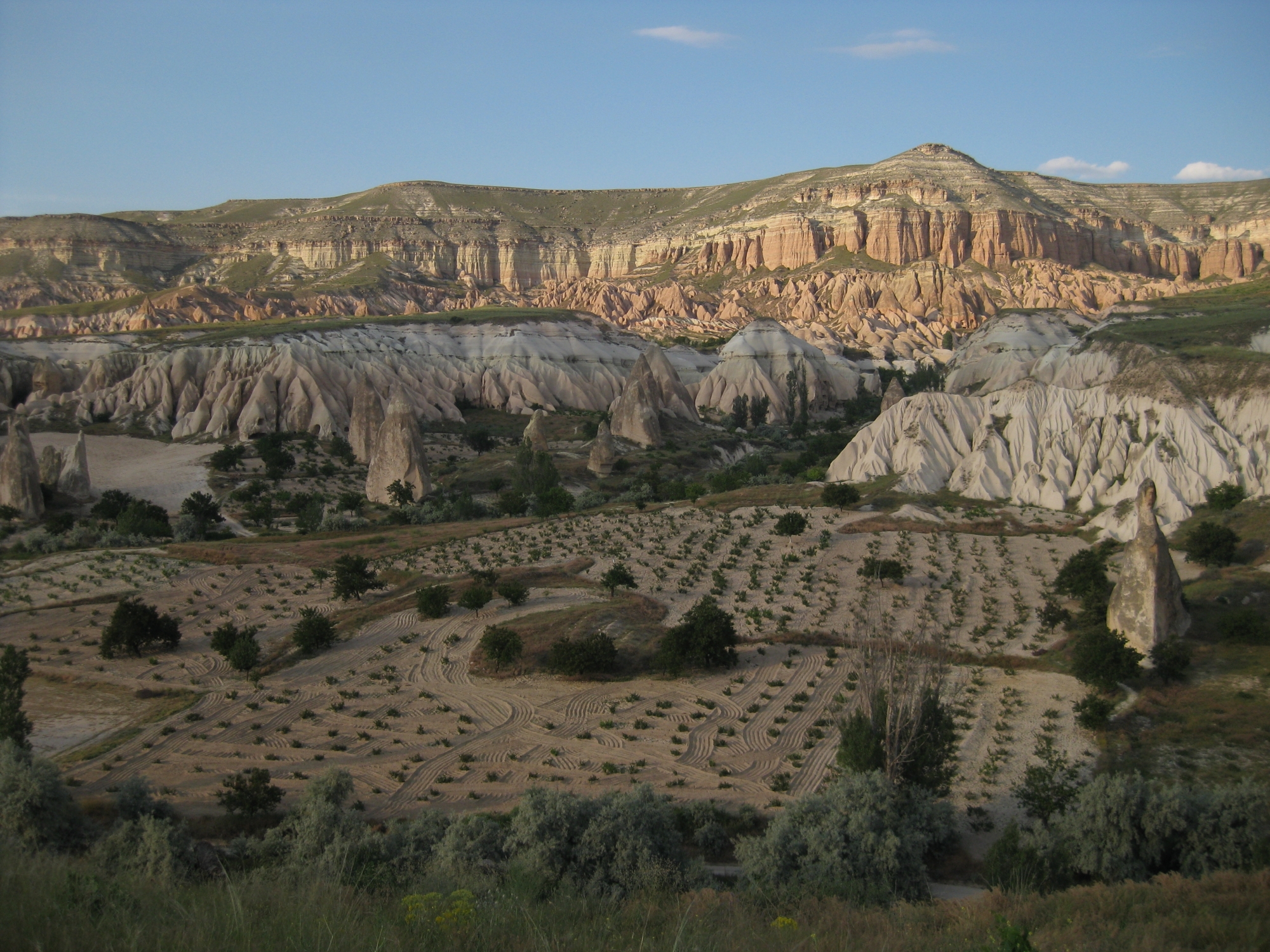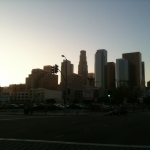Author’s note: This once existed as a static page on this site, but I couldn’t quite find a reason to keep it where it was. I’ve decided to preserve it instead as a blog post.
The Wild West
The internet that I grew up on was a very different place from what it is today. I started with an AOL dial up connection on a 28.8k modem, which I put to excellent use playing MUD games and starting awkward chat room conversations. I remember the excitement and anxiety of interacting with complete strangers in these ways, never quite sure where to draw the line between proper and improper conduct. But it didn’t matter: I was completely anonymous and free of repercussions for anything I did in the fantasy world of The Internet. When I disconnected, the fine thread between my internet life and real life was severed—until the next time.
As I became more curious, I saw that there was a sprawling, endless expanse of cyberspace beyond the orderly confines of America Online. I still think of today’s internet as the Wild West, but recollecting the internet of yesteryear—that place was a desert, with a shallow well here, a cactus there, and the occasional pocket of frontiersmen/frontierswomen trying to make something of the patch of sand they’d settled on.
I was too young to ponder the questions I’d have asked today: “What’s it all for?” “What does it want to be?” “What can it be?” Instead, I took it in unquestioningly. I wandered from ramshackle town to ramshackle town to see what there was to see. It was a strange place, this desert people called The Internet. Strange but compelling.
The taming of the frontier
I can’t tell you when the internet changed for me. It’s as organic and ever-evolving as the countless people who make it. It developed.
It developed quickly.
I remember in high school when I stopped reading the newspaper because there was more (and better) news on the internet than I was getting in the local rag.
I remember—although I can’t pin it to a year—when advertising seemed to hit the internet like a tidal wave. It was frustrating to see this cool thing that I’d been using for, like, ever, suddenly co-opted by uncool corporate interests.
But the internet really changed for me because of a little company called Google. I had used many search engines before theirs—Lycos, AltaVista, Dogpile, Yahoo—but when I started using Google, I didn’t go back. Then I traded in my crummy Hotmail account for a sleek new Gmail model. Suddenly I wasn’t using MapQuest anymore—it was Google Maps. Sure, we all kept saying “MapQuest” out of habit, but Google had clearly turned in a superior product. Out of all its services, though, the now-defunct Google Reader was a game-changer. I no longer had to hoof it to the next watering hole: Google had built a road there. And look! Here’s a car too. No, no, says Google—that’s for us. We’ll go and get your content, hang tight, brb!
The desert was tamed, waypoints built, transportation lines laid. Sure, there will always be those who romanticize the frontier—that’s often an inclination of mine—but this development was good. It was necessary. The potential of the internet, heretofore largely untapped, was blossoming.
A digital identity crisis
Just like in the development of the American Old West, which I have thoroughly analogized here, something was lost in the process: self-reliance. The earliest pioneers who packed up their curiosity and walked off in the direction of the setting sun had to do everything for themselves. There was no infrastructure. There were few (or no) other people to look to for the skills they lacked. They put a roof over their own heads and eked a living out of the earth, because if they didn’t, they’d be crawling back to civilization—or dead.
It pays to be savvy on the internet, today and yesterday, but yesterday, if you didn’t know what you were doing, you were lost. Today, even the eldest people with no wits left can do something on the internet, even if it’s no better than posting something cringeworthy to their grandson’s Facebook wall. You can be utterly clueless: the Silicon Valley giants who make the cars will teach you how to drive them. Great, another car analogy…
But something else was lost. Something much more important. Something you always lose when you lose self-reliance.
Identity.
We lost our identities.
When it’s all on you to sink or swim, you have to reach deep. You have to give it your all. It’s nothing to consume the fruits of someone else’s labors, but to actually make something—that takes character.
My online life (becoming more and more of my whole life) gradually transformed into the sum total of my activities on the various platforms I utilized as a consumer—platforms I neither made nor controlled. Who was this person checking his Gmail account 50 times a day, posting on Facebook, and spending an inordinate amount of time on Reddit? It wasn’t the real me—it wasn’t a reflection of me as a whole person—it was merely splintered facets of me. It was a collection of half-truths that didn’t line back up at the seams.
That’s the problem with today’s internet: we’re sharing more and more of ourselves, but most of us are gravely mistaken if we think of ourselves as creators. We’re not creators, we’re consumers, and this consumption does not tell our individual stories. It’s not bringing real life into digitalia—it’s presenting a distorted version of it.
Even if you spend a majority of your online time on Facebook, or Twitter, or Tumblr, those places are not your home. In the digital landscape, you’re homeless. You’re renting a collection of spaces that were absolutely not designed to present a complete picture of you.
I knew I couldn’t rent the space I needed; I had to build it.
Enter Peterscene
I call this website a “residence” because that’s what it is to me: it’s my online residence, workplace, and showcase for all the varied things I do.
The internet is not a desert anymore—it’s a jungle. But here at my own website, I can rest. I can be comfortable. I can be myself—my whole self. As much as this medium is capable of conveying.
The first iteration of this website was a custom job, built entirely upon commonplace frameworks Bootstrap and jQuery. I loved that site, and I was sorry to replace it, but the truth is that my time is far more valuable to me than it once was. I was spending too much time coding what others had already done—better than I could do it, and (mostly) freely available. Head on over to my Github page to see what was. That site was a great learning experience and I’m proud of it.
Peterscene 2.0 was built on WordPress. Theme of choice: Ink, by Codestag. I’ve modded it to my liking, but it was mostly very good out-of-the-box.
Peterscene 3.0 (the site you’re currently looking at) is still WordPress, but using an entirely custom-built theme. I felt like utilizing any major theme was starting me off with a lot of bloat. I was always dequeueing so many things I didn’t want. Starting from scratch seemed like the best solution.
I aimed for an uncluttered, simplistic aesthetic, which I spent no small amount of time agonizing over. I hope you find it to be a welcome change of pace from the wider internet.
Gratitude
My friend and once-coworker Aaron Grando has a beautiful personal website, which was a great inspiration to me from a design perspective, but it was his ideas that influenced me the most. My initial thought when deciding to make this website was I need a website. I hadn’t expended nearly enough mental energy fully addressing the most important question of all—why? My thanks to Aaron. He found his voice before I did, as did his inspiration, Frank Chimero, before him. I am indebted to both.



